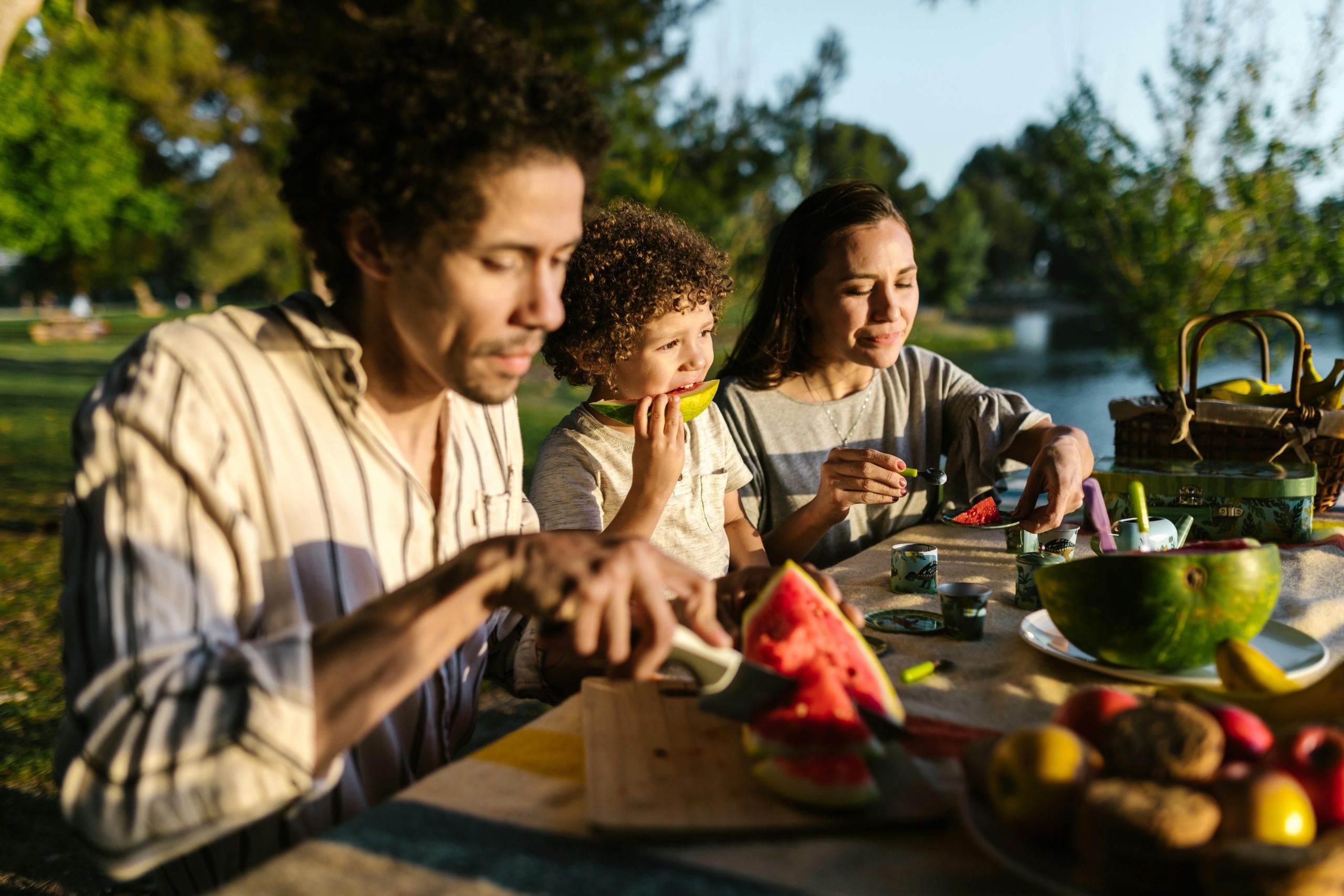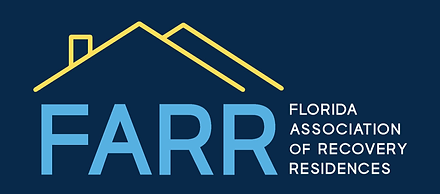
The Science Behind Addiction: How It Affects the Brain—and How Therapy Helps
“Why can’t they just stop?”
“Don’t they see what this is doing to us?”
“I don’t understand why they keep relapsing.”
If you’ve ever asked yourself these questions about a loved one struggling with addiction, you’re not alone—and you’re not wrong for wondering. Addiction can feel confusing, painful, and even personal. But understanding the science behind addiction helps us move away from blame and toward compassion—and solutions.
Addiction Is Not a Moral Failure. It’s a Brain Condition.
Addiction isn’t about weak willpower or bad choices. It’s a chronic medical condition that changes how the brain works—especially the areas related to reward, motivation, and self-control.
Let’s break it down simply:
- 🧠 When a person uses a substance (like alcohol, cocaine, opioids, or marijuana), the brain releases dopamine, a feel-good chemical.
- Dopamine gives a temporary sense of pleasure or relief—so the brain starts associating the substance with feeling better.
- Over time, the brain becomes dependent on that substance to feel normal, and the natural production of dopamine slows down.
- The brain also rewires itself to prioritize the substance over other things that once mattered—family, work, health, goals.
This is why people can crave the substance even when they know it’s causing harm. Their brain has been hijacked.
How Does Addiction Impact Behavior?
Addiction affects the prefrontal cortex—the part of the brain responsible for making decisions and considering consequences. That means:
- They may lie, steal, or act out of character—not because they don’t care, but because their brain is prioritizing survival (which it now sees as tied to the substance).
- They may feel guilt, shame, or regret—but still repeat the behavior. This isn’t about a lack of love. It’s about how deep the condition runs.
When we understand this, we stop asking, “Why don’t they care?” and start asking, “How can I help them heal?”
Therapy Helps Rewire the Brain
The good news? The brain is resilient. It can heal. And therapy is one of the most powerful tools in that healing process.
Here’s how therapy helps:
1. Positive Interview Therapy/Motivational Interviewing
This approach helps individuals explore their inner strengths, values, and sources of meaning. By focusing on what is right with the person—rather than just what’s wrong—Positive Interview Therapy fosters motivation, self-awareness, and long-term behavioral change. It supports people in identifying why they want to heal and empowers them to take aligned action.
2. Trauma-Informed Therapy
Many people with addiction have a history of trauma—abuse, migration, grief, or chronic stress. Therapy helps them understand how those experiences shaped their behavior, and how to break free from those cycles.
3. Family Therapy
Addiction impacts the whole family. Therapy brings loved ones into the process to learn healthy communication, boundaries, and how to support without enabling.
4. Group Therapy & Peer Support
Connection matters. When individuals see they’re not alone, shame starts to melt. They gain new tools, share stories, and begin to rebuild trust—in themselves and others.
Healing Takes Time, Not Just Willpower
Recovery is not about “being strong enough.” It’s about getting the right support to restore balance in the brain and life. This means:
- Creating new habits and routines
- Avoiding high-risk environments
- Building a support network
- Understanding emotional triggers
It’s a journey—and it looks different for everyone. But healing is possible. Every day, we see families reconnect. We see lives rebuilt.
Understanding Leads to Compassion
When we treat addiction as a disease—not a disgrace—we open the door to real healing.
So the next time you ask, “Why can’t they stop?”
Remember: the better question is, “How can I support their recovery?”
You don’t have to have all the answers.
You just have to take the first step.
Ready to Talk to Someone?
If your loved one is struggling, our team is here to guide you.
Call us for a free consultation—in English or Spanish—with our culturally aligned wellness team.
📞 786-536-7525
🌐 www.alter-nativa.com




